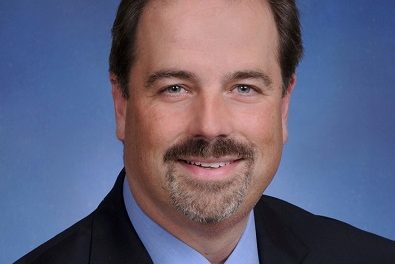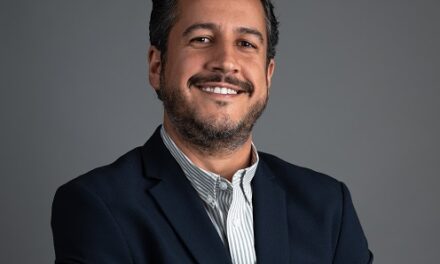.jpg) Five months ago, Anne C. Fischer, M.D., Ph.D., transitioned from her role as the surgeon-in-chief at Beaumont Children’s Hospital and the chief of pediatric surgery at William Beaumont Hospital in Michigan to take on her new role as Tenet Florida’s regional medical director of pediatric surgery.
Five months ago, Anne C. Fischer, M.D., Ph.D., transitioned from her role as the surgeon-in-chief at Beaumont Children’s Hospital and the chief of pediatric surgery at William Beaumont Hospital in Michigan to take on her new role as Tenet Florida’s regional medical director of pediatric surgery.
“My goal is to help build a multi-tier program with depth with advanced mid-level providers and pediatric specialists,” she explained. “Through this program, we will provide minimally invasive surgery for newborns, as well as standard and more advanced thoracoscopic approaches to children.”
Dr. Fischer, who is board-certified by the American Board of Pediatric Surgery and the American Board of Surgery, specializes in oncologic surgery for childhood malignancies; complex neonatal surgery with prenatal counseling and intervention; advanced minimally invasive laparoscopy (MIS); video-assisted thoracoscopic surgery (VATS) and NUSS surgery, a minimally invasive procedure for the treatment of chest wall deformities.
“I have worked in both types of hospitals; freestanding children’s hospitals and pediatric hospitals within adult hospitals,” said Dr. Fischer, who serves on the staff at the Palm Beach Children’s Hospital at St. Mary’s Medical Center. “I believe that the strength of a pediatric hospital is that it is focused on the depth of pediatric care; that children are given personalized attention in an environment designed specifically for them.
“The opportunity here is tremendous to create the next-level children’s hospital with a multidisciplinary, programmatic build,” she added.
Dr. Fischer gives the example of the internationally renowned Paley Institute, which began with a single surgeon, and within a short time grew programmatically to become a widely respected center for orthopedic excellence, specializing in advanced limb lengthening for children. “This program didn’t exist before, and now its team of surgeons is treating patients from all over the world with cutting-edge pediatric surgery,” said Dr. Fischer, adding that she hopes to bring this same level of oncological surgical expertise to Palm Beach.
As a member of the Children’s Oncology Group (COG), Palm Beach Children’s Hospital’s oncologists and surgeons are able to network with their peers throughout the country, as well as take part in innovative clinical trials and therapies. The COG, which is supported by the National Cancer Institute, includes a small group of elite hospitals across the nation whose specialists work to find cures for childhood cancer.
“No matter where a child goes, as long as it’s a COG-certified site, they have access to a wealth of resources because we’re all affiliated,” explained Dr. Fischer of the state-of-the-art research and treatment protocols usually only found at major university medical centers.
She gives the example of a teenager with an unusual renal cell carcinoma in her chest and abdomen, requiring exacting surgical clearance since standard chemotherapy is not always effective in this type of tumor typically seen in adults. “Through COG, we can connect with all of the resources available to figure out what therapy is best for her; her oncologist can find the genotype of her tumor to discover new therapies available to her specific tumor if standard therapy is not ideal,” explained Dr. Fischer. “As a team, we are able to design a strategy to remove her tumor from all sites and then potentially tailor-make her treatment program.”
The hospital’s COG affiliation also helped a toddler avoid chemotherapy after the removal of an 18 cm mass. “It was an unusual kidney tumor, so we had the pathology reconfirmed through a COG central pathology review,” explained Dr. Fischer. “It was a difficult call to make, but this high level of review helped confirm with certainty that this child would not need to undergo chemotherapy.”
The hospital’s KITE Center (Knowing the Importance of Treatment Effects), also extends this personalized care to patients who have completed cancer therapy two or more years before. The outpatient cancer survivorship program monitors children for potential late-term effects from cancer therapies, using the latest research provided through the Children’s Oncology Group.
“Through the KITE program, pediatric oncologists are able to bring patients back in annually so that we can pick up any subtleties and provide immediate treatment if needed, which results in excellent outcomes,” said Dr. Fischer. “Of course, when issues arise requiring surgical expertise, that is where pediatric surgeons are essential in the multidisciplinary team.”



























